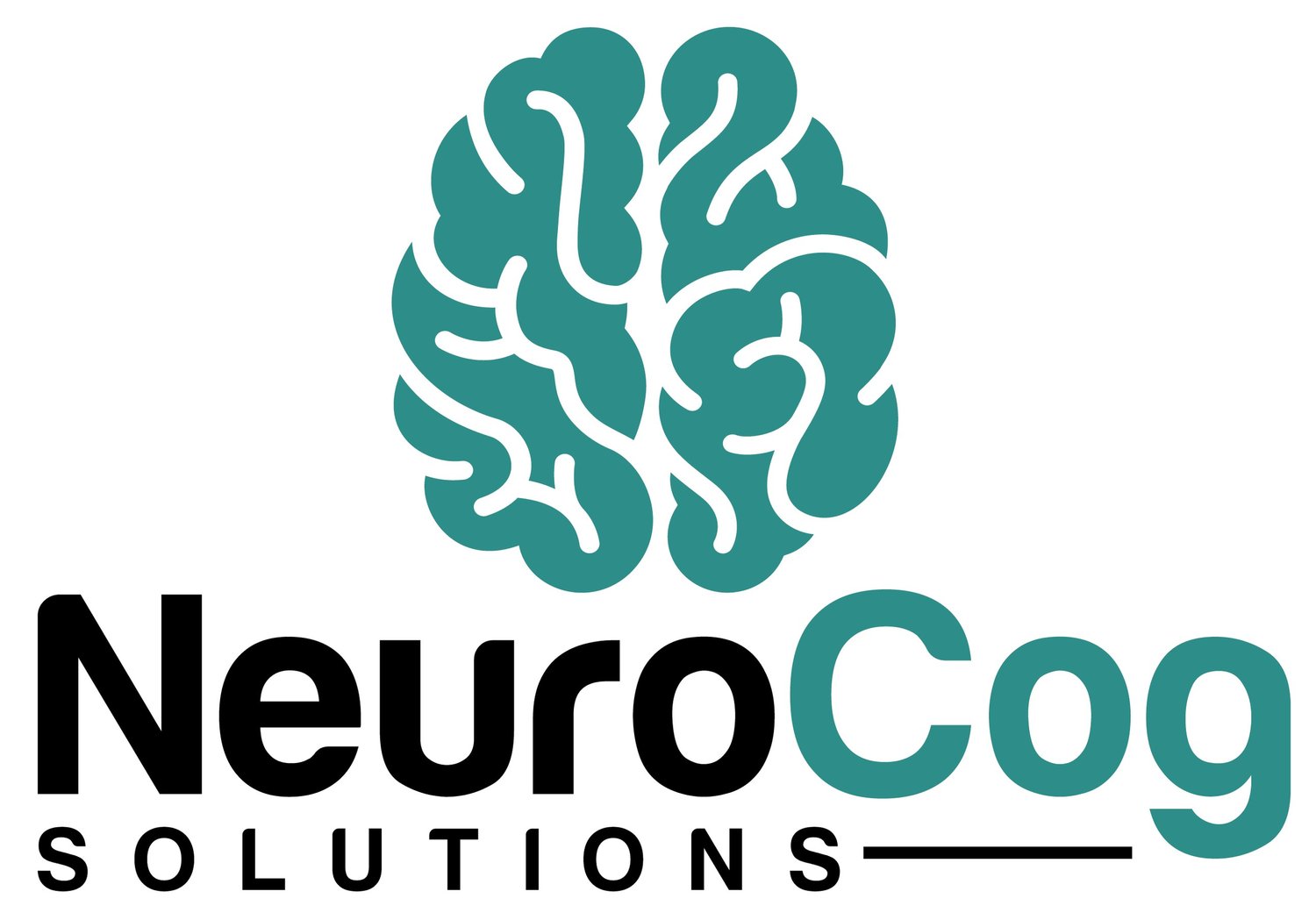Caregiving Support: Interventions for Agitation
Dementia is commonly broken down into three stages, with each stage bringing it’s own set of challenges. The Early Stage comes with the diagnosis and feelings of grief as the patient and family come to understand that the future will be very different from what they had planned and hoped for. The Middle Stage brings a variety of new behaviors, and the need for increased safety vigilance. The End Stage requires more physical care.
Not every person who receives a dementia diagnosis will experience agitation or Sundowning Behaviors, but these behaviors are common. As the ability to think logically decreases, the patient’s judgment and problem solving skills also diminish. The patient may lose the ability to express thoughts and feelings, and they can feel confused, anxious or frightened. They can become easily overwhelmed with too much stimulation, noise or activity. They can become frustrated when unable to make their needs known. Watching and managing these changes may be difficult. You may feel grief or frustration when you see these personality and behavior changes in your loved one. It may also be difficult to handle these changes in the moment. We find that the following interventions help caregivers manage the changes:
Communication Tips:
Communicate clearly and in simple sentences while making eye contact.
Use yes/no questions if your loved one is unable to complete sentences.
Try using a Communication Book if your loved one has difficulty with word finding. (A Communication Book is a book filled with pictures to help identify needs)
Grounding Techniques:
Use words and tone of voice to help orient and allow the patient to feel more secure, such as “You are safe, I’m here with you, it’s OK.” "Breathe."
Redirection Strategies:
Use music
Engage in an unrelated topic of conversation to pull the patient’s mind away from the situation/thoughts/conversation that is troubling him/her
Watch soothing videos of nature, funny animals, birds, fish
Engage with a pet or even a realistic stuffed animal
Bring the patient to a room with decreased stimulation, dim the lights, etc.
Anticipate Problem Situations:
Modify the schedule if she/he is appearing troubled or agitated
Be flexible
Plan around her/his better times of the day
Notice Physiological Needs:
Is he/she too hot or too cold?
Is he/she over tired?
Is he/she hungry?
Is he/she constipated, or experiencing UTI symptoms?
Notice your emotional reaction:
If you notice increased frustration or anxiety, pause and take a deep breath.
Ask yourself, “Can I take a moment and come back to this in a few minutes?
Remind yourself, “These behaviors are not a personal attack, it is a part of the disease process.”
Medication Options:
Sundowning is often a restlessness or agitation that frequently occurs any time after 3:00 PM. The above interventions may not reduce symptoms.
Talk to the patient’s doctor and ask about medications for sundowning symptoms. The doctor may prescribe a medication for daily use or for use only when needed (PRN). Keep a log of all PRN doses, and stay in contact with the prescribing doctor if you begin to administer medications regularly, or if they are not helping.
You are not alone in this. If you are struggling, reach out to a family member or friend, or seek guidance from a professional. Help is available. For more information, call our office to speak with a professional.
